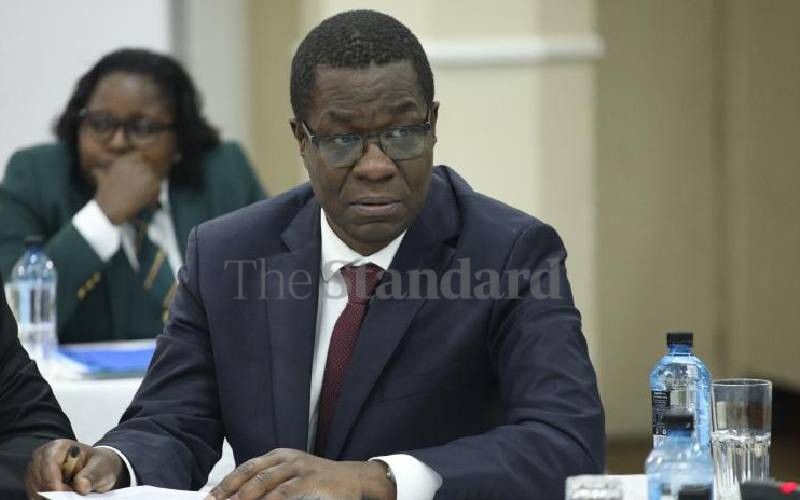×
The Standard e-Paper
Stay Informed, Even Offline

Opposition leaders yesterday hit out at the government over the crisis in the education sector due to insufficient funding.
Speaking in Nairobi, National Assembly Minority Leader, Opiyo Wandayi painted a grim picture of the education sector's financial woes, claiming that the government's empty promises are pushing it to the brink of collapse.